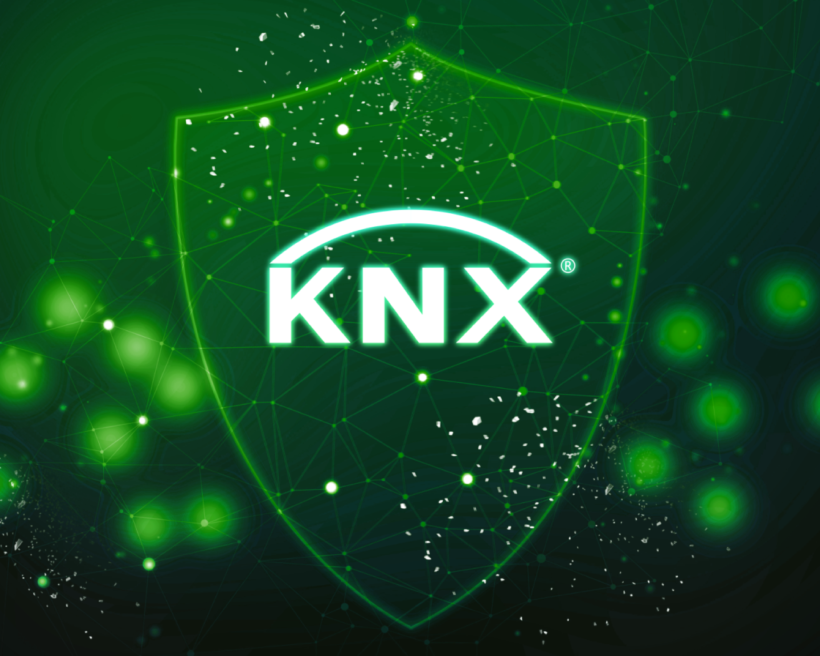
Smart home security: What you need to know before getting started
The way we think about home security has dramatically evolved over the past decade. As smart home technology becomes more accessible, many homeowners are considering making the switch to automated security systems. But what exactly does this mean for your home's safety and privacy? Let's explore the key aspects of smart home security and how it can benefit you.
Smart vs. traditional security: why make the switch?
Traditional security systems often left homeowners with limited control and flexibility. They typically relied on hardwired installations, making modifications or upgrades challenging and costly. Smart security systems, however, have revolutionized how we protect our properties.
Modern smart security offers features like automated routines, remote monitoring, and intelligent integration with other home systems. Imagine being able to check if you've activated your alarm system from anywhere, or having your lights automatically simulate occupancy while you're on vacation. These systems can even distinguish between regular household movement (like pets) and suspicious activity, reducing false alarms while maintaining vigilance.
What truly sets smart security apart is its ability to integrate with your entire home ecosystem. For example, your security system can work in harmony with your lighting, heating, and other smart devices to create a comprehensive home management solution.

Common security concerns: separating fact from fiction
Many homeowners worry about the security of smart systems themselves. "Aren't smart homes more vulnerable to hacking?" is a common concern. However, this is largely a myth. Modern smart home systems, particularly those using standards like KNX, employ robust security measures including:
Data encryption to protect communication between devices
Just like your WhatsApp messages or online banking, smart home systems use sophisticated encryption to protect the communication between devices. This means that even if someone were to intercept the signals between your devices, they would only see scrambled, unusable data.
Two-factor authentication for access control
Modern smart home systems implement two-factor authentication (2FA), similar to what you might use for your email. This means that even if someone somehow obtained your password, they still couldn't access your system without a second form of verification, typically a code sent to your mobile device.
Regular firmware updates and security patches
Smart home security is not a one-and-done setup. Professional systems like KNX regularly receive updates to protect against new security threats. These updates are managed by certified professionals who ensure your system stays current with the latest security measures.
Secure local data storage options
Unlike many consumer-grade smart devices that store all data in the cloud, professional smart home systems primarily keep your data local. While cloud connectivity is available for remote access, it's optional and implemented with strict security protocols, giving you complete control over your data.
Another common misconception is that smart security systems are prone to false alarms. In reality, today's smart systems are more intelligent than ever, using advanced sensors and AI to differentiate between genuine threats and normal household activities.
Setting up your smart security system: DIY or professional installation?
While some basic smart security devices (like standalone cameras or door sensors) can be installed as DIY projects, a comprehensive security system benefits greatly from professional installation. Professional installers ensure:
- Proper system integration
- Optimal device placement
- Correct security protocol implementation
- Regular maintenance and updates
Think of it like this: while you might be comfortable installing a smart speaker, you probably wouldn't rewire your home's electrical system. The same principle applies to comprehensive smart security solutions.
Any more questions?
Do you have more concerns or question about the set up of your smart home security system? Read KNX's FAQ about all things security and discover how a professional system can keep you and your familiy safe.

KNX: Setting the standard in smart home security
When it comes to reliable smart home security, KNX stands out as an industry leader. What makes KNX different? First, it's an open standard that works with over 500 manufacturers worldwide, giving you unprecedented flexibility in choosing devices that match your needs and preferences.
KNX systems offer:
- Interoperability between different brands and devices
- Scalable solutions that can grow with your needs
- Advanced security protocols certified by VDE
- Professional installation and support network
- Future-proof technology that can adapt to new security innovations
Moreover, KNX systems prioritize data privacy by keeping your information local unless you specifically opt for cloud services. This gives you complete control over your data while maintaining the convenience of remote access when desired.
Ready to explore smart home security? Visit KNX.org to find certified professionals in your area who can help you design and implement a secure, integrated smart home system that meets your needs.
In summary
Smart home security has come a long way from traditional alarm systems, offering homeowners unprecedented control, convenience, and peace of mind. While privacy and security concerns are natural when considering smart technology, professional systems like KNX demonstrate that it's possible to enjoy the benefits of home automation without compromising on security.
Whether you're just starting with a simple smart doorbell or planning a comprehensive home security system, the key is choosing a reliable standard and working with certified professionals. KNX's open standard, robust security measures, and extensive network of certified installers make it an excellent choice for homeowners looking to build a secure, future-proof smart home.


